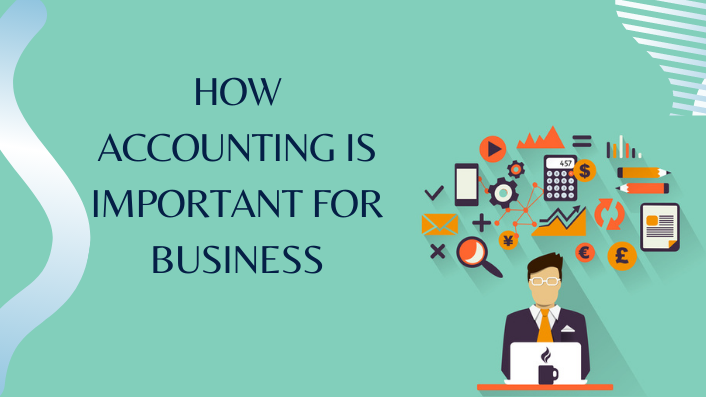Table of Contents
Accounting is useful for business owners because it allows shareholders, administrators, customers, and other stakeholders to assess the company’s financial results. Accounting offers crucial knowledge on costs and earnings, benefit and loss, obligations and reserves for decision-making, forecasting, and management mechanisms within a company. Accounting’s primary purpose is to monitor financial transactions in accounting records in order to recognize, calculate, and transmit economic results. Furthermore, tax reporting authorities mandate you to maintain basic books that track profits and expenses. As you continue reading this blog you will see a lot of useful information on what is accounting, why accounting is important, and what is the purpose of accounting. You just have to read every single line in order to understand it from basic and get accounting assignment help.
What is Accounting?
Accounting is the method of a business’s financial statements being recorded, cataloged, analyzed, and reported. Accounting helps a business’s executives to have a clearer view of its financial statements. This is so they can prepare their potential spending carefully in order to increase benefit.
Why Is Accounting Important?
Accounting is important to operate a business because it requires you to monitor revenue and costs, ensure regulatory compliance, and offer detailed financial reports to clients, managers, and the government that can be utilized to make business decisions.
Below we have described three important financial statements that your accounts produce:
- The income statement gives you detail about the gain and loss
- The balance sheet provides you a precise picture of your business’s financial situation on a special date.
- The statement of cash flow is a link between the balance sheet and income statement and records the cash produced and spent during a specific period.
You must retain your financial reports complete and up to date if you really want to maintain your business floating.
What Is the Purpose of Accounting?
Accounting is usually related to “Business Language.” It is a method of reporting financial data to many users for decision-making and also to get accounting homework help.
The principal purposes of accounting are:
● RECORDING TRANSACTIONS
Accounting’s main role is to keep a regular, reliable, and comprehensive record of a business’s financial activities. These documents are the accounting system backbone. Business owners should be capable of retrieving and analyze the transactions whenever needed.
● BUDGETING AND PLANNING
Business owners require considering allocating their restricted resources, including employees, equipment, machinery, and cash, to achieve the business’s goals.
An extensive business management part, budgeting, and outlining enable companies to plan by predicting the requirements and resources. This helps in the coordination of various sections of an organization.
● DECISION MAKING
Accounting helps in the area of decision-making methods and helps business owners develop strategies to improve their efficiency. Some examples of accounting information choices incorporate the cost to be imposed for goods and services, the resources required to make these goods and services, and funding and business events.
● BUSINESS PERFORMANCE
Business owners may use financial records to assess how well their company is doing. Financial results provide a credible tool for evaluating important success metrics, enabling company leaders to equate their current performance to their competitors.
● FINANCIAL POSITION
The financial reports generated at the end of the accounting period represent the current financial situation. It displays the amount of money spent, its amount of resources, the benefit and loss, and the number of financial assets.
● LIQUIDITY
Mismanagement of cash is a frequent source of small business loss.
Accounting helps determine a company’s liquidity, which relates to the funds and other liquid capital available to meet financial obligations.
By detecting inefficiencies, the knowledge lowers the probability of bankruptcy.
● FINANCING
Accounting helps company owners make historic financial reports and financial forecasts that can be utilized while using loans or obtaining their investment.
● CONTROL
By putting multiple checks over the business, accounting benefits avoid losses generated by fraud, theft, errors, waste, mismanagement, and obsolescence. The internal checks safeguard the company assets and evade long-term impairments.
● Lawful REQUIREMENTS
Law needs businesses to keep an actual financial report of their activities and share the records with the stockholders, tax specialists, and controls. The financial statements and data are also needed for long and personal tax filing purposes.
Conclusion
If you don’t have accounting, the company would be like a boat without a tracker, drifting haplessly. Even in the midst of our daily routines, we keep track of our profits and expenditures. Accounts are kept by both small and large corporations to keep track of their financial status, which is the primary goal of any company. On the basis of the accounts, stakeholders will make reliable decisions. Of course, management can sometimes participate in account manipulation with the goal of defrauding stakeholders. That is why the statute allows companies with a minimum turnover to have their accounts audited, which can vary based on the important terms and conditions of the deal.
